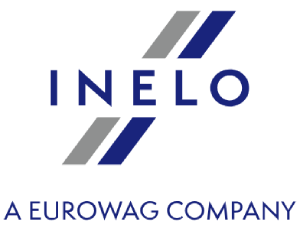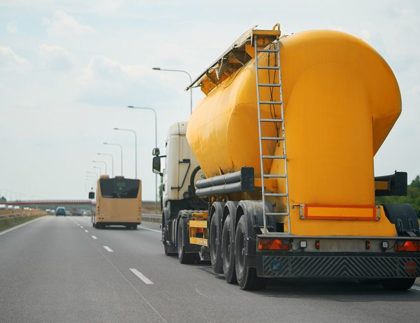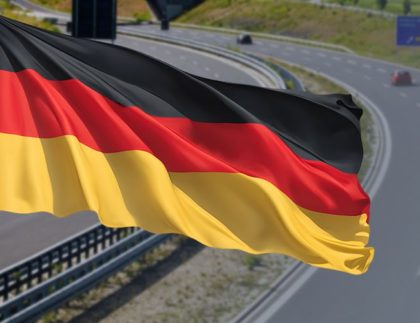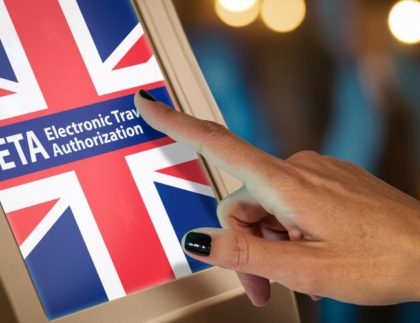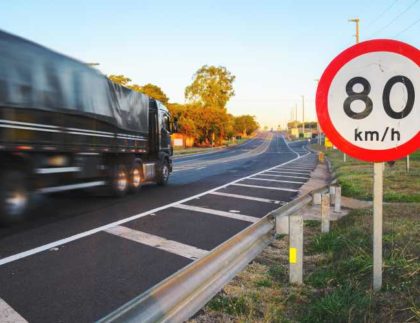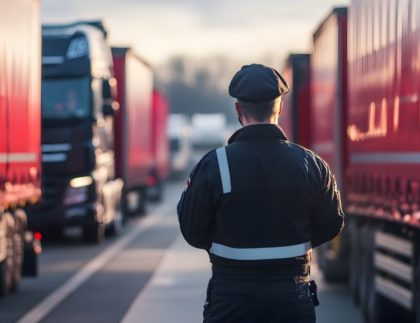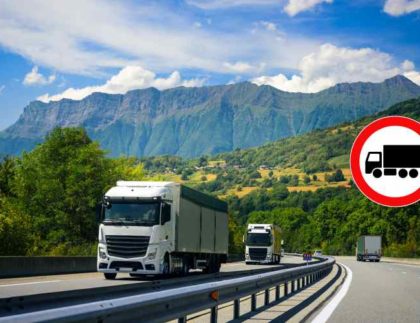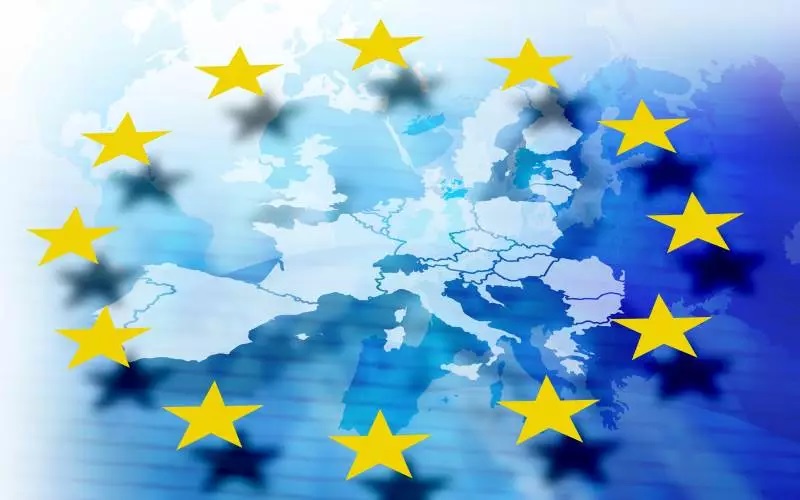

The articles discusses the upcoming changes in the EU toll charges in Germany and their impact on TFL industry and the European economy. For years, Germany has been playing a key role in the European transport, and consequently each change in this country may have a potentially significant impact on the industry as a whole and the general economic situation in Europe.
Another important topic mentioned in this article is transport decarbonization. This issue is of key importance in the context of the European Union objectives regarding reducing greenhouse gas emissions. The EU strives to achieve zero emissions as early as in 2050, which will pose a great challenge for the TFL sector.
Record-high rise in toll charges in Germany since December 2023
Toll charges in Germany increased on 1 December and are based on the vehicle’s fuel economy class. For trucks fulfilling the EURO 6 standard, the charges increased to 35.4 eurocent per one kilometer travelled. This translates into an increase by over 80% against the current charges.
The new legislation links toll charges with CO2 emissions and the distances travelled, introducing different charges even for vehicles fulfilling the emission standards. Consequently, the fact that you have a EURO 6 compatible truck does not guarantee one and the same category of charges. Moreover, since 1 January 2024 the charges will also cover trucks using alternative fuels, such as natural gas – CNG/LNG. Also, already since 1 July next year the toll charges in Germany will also apply to vehicles with the maximum permissible weight of 3.5 ton and above.
The new law means that by the end of 2025 only electric trucks and hydrogen-fueled cars will be exempted from toll charges in Germany. Although “green” trucks fulfil the newest EU guidelines and follow the trend of transport decarbonization, limitations in terms of the mileage or charging still restrict their common use.
The increases imposed by the German government are directly connected with the Directive (EU) 2022/362 of the European Parliament and of the Council.
More broadly, one of the most important aspects now is efficient management of funds from the charges. Hopefully, individual countries will suitably invest the obtained funds into developing infrastructure or, e.g., promoting intermodal transport.
The key issue, however, remains to be the impact of toll charges on transport companies and economic development of our continent.
How will the new toll charges impact the costs of road transportation?
The recent increase in toll charges in Germany will inevitably result in a rise in road transportation costs, especially for vehicles fulfilling the EURO 1 fuel consumption standard, for which the increase will amount to as much as 15.8 eurocent per one kilometer traveled. Maintaining profitability is a huge challenge already now, with the present toll charges – the position of the carriers is difficult, since generally they cannot afford additional costs.
Consequently, company owners are about to face hard negotiations with their clients. Transport order contracts should now include provisions regarding fuel prices and toll charges. Carriers with a limited number of contracts or fully reliant on individual orders from freight exchanges may face additional challenges in adapting to the changing market reality.
Strategies for transportation companies facing the new guidelines
The priority naturally is to achieve the largest coverage of the toll increase in freight charge. Thus, the carriers may avoid a situation where they alone carry the largest burden of the new green requirements connected with CO2 emissions from trucks and alone restrict the impact of toll charges on transportation companies
For lack of other plausible and available alternatives, the increase in toll charges in Germany will partly be transferred onto clients, which in turn will financially impact the consumers.
The carriers should certainly look for savings. One of the available options is to use the products and services from suppliers with one stop shop strategy – offering a number of solutions to optimize the operations of transportation companies. These include:
- telematic systems;
- TMS tools;
- fuel cards and toll payment solutions;
- driver’s working time settlement.
Thus, using several tools from one supplier, the carriers may count on attractive discounts and make sure their company achieves greater coherence. Buying solutions from various manufacturers we risk higher costs and difficulties connected with their implementation.
The significance of decarbonization and modern technologies for transportation
Digitalization in transport simply means the use of modern technologies to streamline, optimize and automate various aspects of transport operation and minimize the negative impact on the environment. Undoubtedly this is a crucial method for looking for savings while faced with changes in toll charges within the EU and other current challenges for the TFL industry.
TMS systems, supported with professional maps calculating toll charges, provide a perfect example. Using such tools, freight forwarders gain access to specific data allowing them to realistically assess company profitability and viability of individual orders, and to choose the optimum routes.
A crucial role is also that of the telematics, allowing among other thins to send the selected routes and to “corridoring” them – giving the carrier certainty that the driver follows the preplanned route itinerary. Telematic solutions are also a good method to reduce fuel consumption and limit empty runs as well as to conduct advanced analyses of drivers’ driving styles.
Digitalization is also connected to another trend of transport decarbonization. The term refers to the process of eliminating or significantly reducing the amount of exhaust emitted by the transport industry. This applies mostly to carbon dioxide (CO2) – worldwide, the TFL industry is responsible for over 20% of emissions of this compound to the atmosphere. In order to stop the negative climate changes, the European Union legislation strives to achieve the so-called emission neutrality in 2050.
Future of toll charges in the EU and decarbonization trends
Decarbonization of transport implies legal changes (including, e.g., tax changes or changes in toll charges in the EU) promoting the use of “green” trucks. Today it is difficult to say exactly what the transport sector will look like in a dozen of years; however, the expansion of infrastructure, allowing for charging zero-emission and low-emission vehicles, will certainly be of vast importance.
We should also expect further legislative changes, linking the charge to the vehicle’s exhaust emission class and imposing certain restrictions and bans on using trucks that do not fulfil specific criteria. Undoubtedly, changes in the toll charges in the EU will not be limited to Germany – as other European Union countries are getting ready to introduce such legislation as well.
